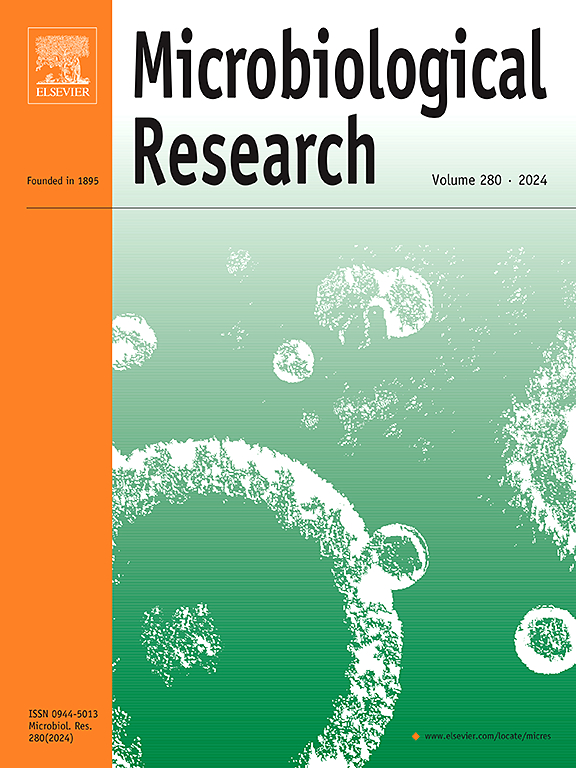Gut microbiota in epilepsy: How antibiotics induce dysbiosis and influence seizure susceptibility
IF 6.1
1区 生物学
Q1 MICROBIOLOGY
引用次数: 0
Abstract
Epilepsy, a widespread chronic neurological disorder, has recently come under scrutiny for its potential association with the intricate dynamics of gut microbiota. Numerous investigations into the microbiota-gut-brain axis have revealed a close relationship between gut microbiota and epilepsy, suggesting gut microbiota as a potential treatment strategy. In clinical practice, a longstanding correlation has been observed between some kinds of antibiotics and the potential to induce seizures. Consequently, we have conceived a hypothesis that antibiotics might impact seizure activity by modulating the gut microbiota and influencing the physiological processes within the microbiota-gut-brain axis. In this review, our primary objective is to present the existing evidence and theoretical foundations supporting the hypothesis that dysbiosis within the gut microbiota may play a significant role in the pathophysiology of epilepsy. Furthermore, we aim to summarize the possible mechanisms between microbiota-gut-brain axis and epilepsy, offering insights into the selection of appropriate antibiotics for long-term epilepsy management and enhancing therapeutic efficacy through modulation of the gut microbiota. Further research is necessary to fully elucidate the intricate relationship between gut microbiota ecosystem and epilepsy. Exploring these connections holds promise for advancing our understanding of epilepsy pathogenesis and improving patient treatment and care.
癫痫的肠道微生物群:抗生素如何诱导生态失调并影响癫痫易感性
癫痫是一种广泛存在的慢性神经系统疾病,最近因其与肠道微生物群复杂动态的潜在关联而受到密切关注。对微生物-肠-脑轴的大量研究揭示了肠道微生物群与癫痫之间的密切关系,表明肠道微生物群是一种潜在的治疗策略。在临床实践中,已经观察到某些种类的抗生素与诱发癫痫发作的可能性之间存在长期的相关性。因此,我们设想了一种假设,即抗生素可能通过调节肠道微生物群和影响微生物-肠道-脑轴内的生理过程来影响癫痫发作活动。在这篇综述中,我们的主要目的是提出现有的证据和理论基础,支持肠道微生物群失调可能在癫痫的病理生理中起重要作用的假设。此外,我们旨在总结微生物-肠-脑轴与癫痫之间的可能机制,为长期癫痫治疗选择合适的抗生素以及通过调节肠道微生物群来提高治疗效果提供见解。肠道菌群生态系统与癫痫之间的复杂关系有待进一步研究。探索这些联系有望促进我们对癫痫发病机制的理解,并改善患者的治疗和护理。
本文章由计算机程序翻译,如有差异,请以英文原文为准。
求助全文
约1分钟内获得全文
求助全文
来源期刊

Microbiological research
生物-微生物学
CiteScore
10.90
自引率
6.00%
发文量
249
审稿时长
29 days
期刊介绍:
Microbiological Research is devoted to publishing reports on prokaryotic and eukaryotic microorganisms such as yeasts, fungi, bacteria, archaea, and protozoa. Research on interactions between pathogenic microorganisms and their environment or hosts are also covered.
 求助内容:
求助内容: 应助结果提醒方式:
应助结果提醒方式:


